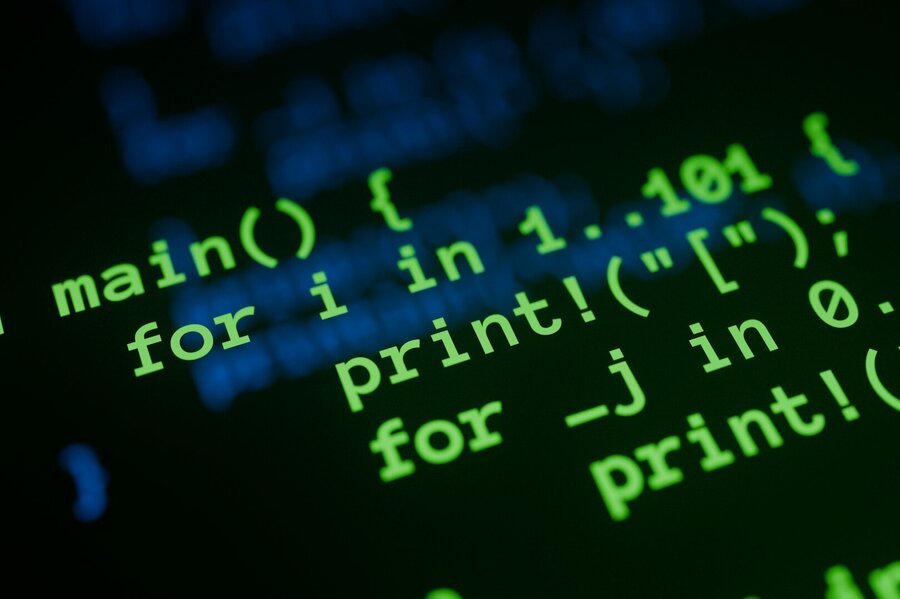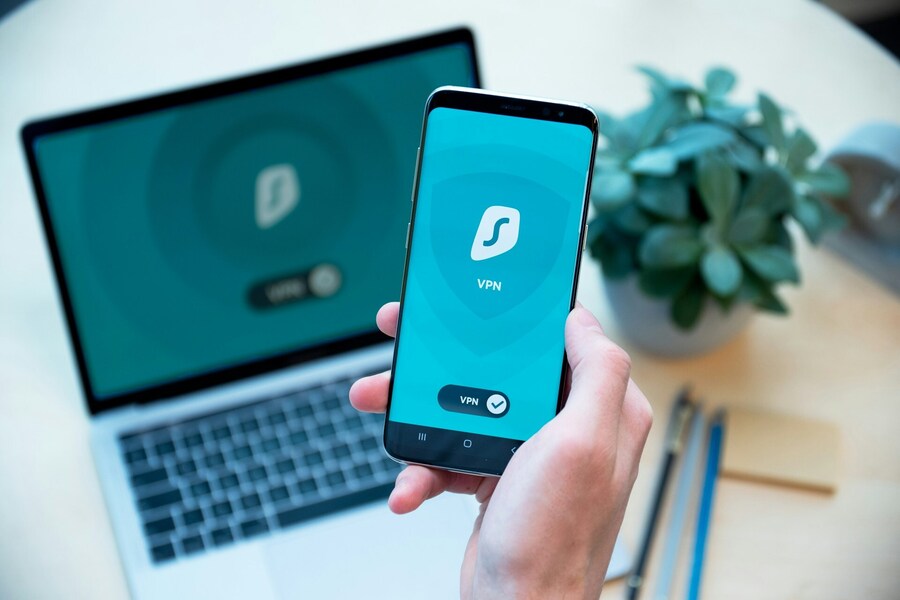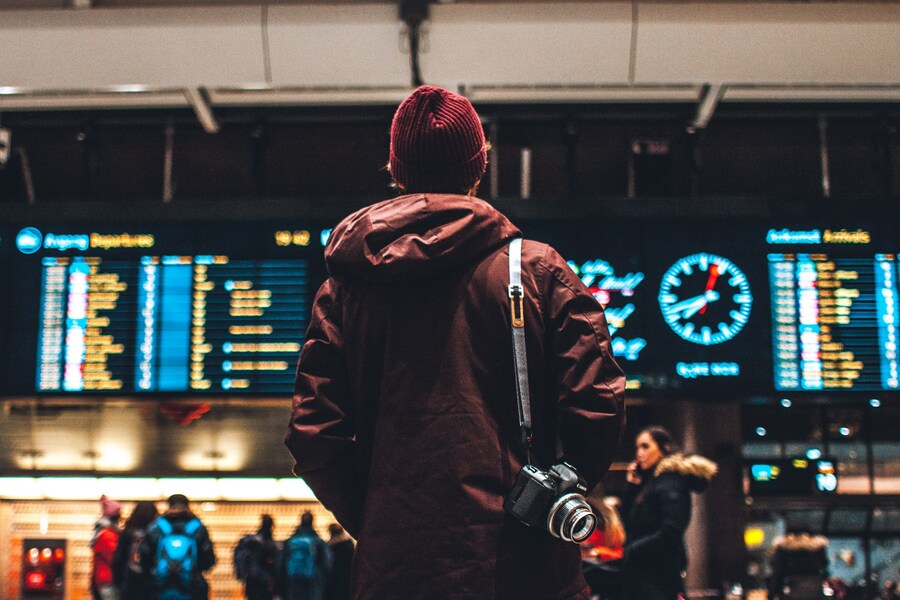Seriously, think twice before jumping on that free airport Wi-Fi!
Is public airport Wi-Fi safe? Why do experts say you should think twice?

Source: Wesley Ford/Unsplash
While leisurely browsing an airport's public Internet network might appear to be a simple convenience, these networks can be effortlessly exploited by criminals, enabling them to steal sensitive data from unsuspecting travelers, experts caution. "It's definitely among the worst things you can do at an airport," conveyed Matthew Hicks, a cybersecurity expert and associate professor of computer science at Virginia Tech.
Public Wi-Fi functions as a shared Internet connection, frequently operating over an unsecured network. Consequently, users are highly susceptible to hackers who can readily intercept sensitive data, such as credit card details or account passwords, and surreptitiously install malware onto consumers' devices, according to cybersecurity specialists.
Approximately 40% of Americans have experienced data compromise while utilizing a public Wi-Fi network, according to a
"Anything you do on airport Wi-Fi should be something you'd be comfortable with the rest of the world knowing about."
– John Breyault
Because travelers often have substantial idle time before their flights – and may find themselves in areas lacking robust cellular connection – airports serve as a prevalent access point for public Wi-Fi, Hicks explained.
Consumers collectively reported losses exceeding $16 billion to Internet crime in 2024, setting a new record high and marking a substantial 33% increase from 2023, according to data compiled by the Federal Bureau of Investigation.
Personal data breaches were consistently among the top 3 most frequent complaints received by the FBI, the Bureau stated. "As nearly all facets of our lives have become digitally interconnected, the attack surface for cyber actors has expanded exponentially," B. Chad Yarbrough, operations director for the FBI's criminal and cyber unit, articulated in the Bureau's annual Internet crime report. He emphasized, "Scammers are increasingly leveraging the Internet to steal Americans' hard-earned savings."

Source: Dan Nelson/Unsplash
Beware of counterfeit Wi-Fi networks
Scammers frequently attempt to deceive travelers into connecting to fraudulent Wi-Fi networks, John Breyault, vice president of public policy, telecommunications and fraud at the National Consumers League, a consumer advocacy group, explained. Someone attempting to connect to the legitimate O'Hare Guest Wi-Fi network might unknowingly access another – perhaps named "O'Hare Guest 2" or "Chicago Airport Wi-Fi" – that's actually controlled by a criminal. "Make sure [the network] is the one run by the airport, and not someone setting up a honeypot," Breyault advised.
In 2024, the Australian Federal Police charged a man for allegedly establishing one of these deceptive "evil twin" networks with the intent to steal individuals' personal data. He reportedly carried out these activities at airports in Perth, Melbourne, and Adelaide, among other locations, as reported by the AFP. Accessing the correct network will "eliminate most of the real attackers," Hicks noted, adding that travelers should feel free to ask airport personnel if they are uncertain about a network's legitimacy.
How to safely access Wi-Fi at the airport
Utilizing your cell phone to create a personal Internet hotspot is among the most secure methods to access the web while at an airport. This straightforward measure will reduce the number of potential attackers to "near zero," according to Hicks, because it establishes a private cellular connection rather than an open Wi-Fi network. "You're not sharing that connection with everyone else in the airport," Breyault explained. "Your data will be much safer in transit."
If a personal hotspot isn't available, experts advise using a device equipped with a "virtual private network" or VPN, which provides an encrypted connection for an additional layer of security. Hicks' primary recommendation is to purchase a VPN service from a reputable, U.S.-based company. Ultimately, travelers should strictly avoid logging into financial, email, social media, or any other sensitive accounts when connected to airport Wi-Fi, Breyault cautioned. "If you're just checking the weather, that's one thing," Breyault stated. "If you're checking your bank account balance, that's something entirely different."
"Anything you do on airport Wi-Fi should be something you'd be comfortable with the rest of the world knowing about," he reiterated.
Secure savings on airport parking with our booking platform – ParkingNearAirports.io!

Source: Erik Odiin/Unsplash
While securing your data, protect your budget too. Skip overpriced terminals with park and fly weekly rates up to 50% off via ParkingNearAirports.io. As a trusted cheap parking website, we verify lot security so you save money on airport parking without compromising safety. Pre-book to lock in deals!






